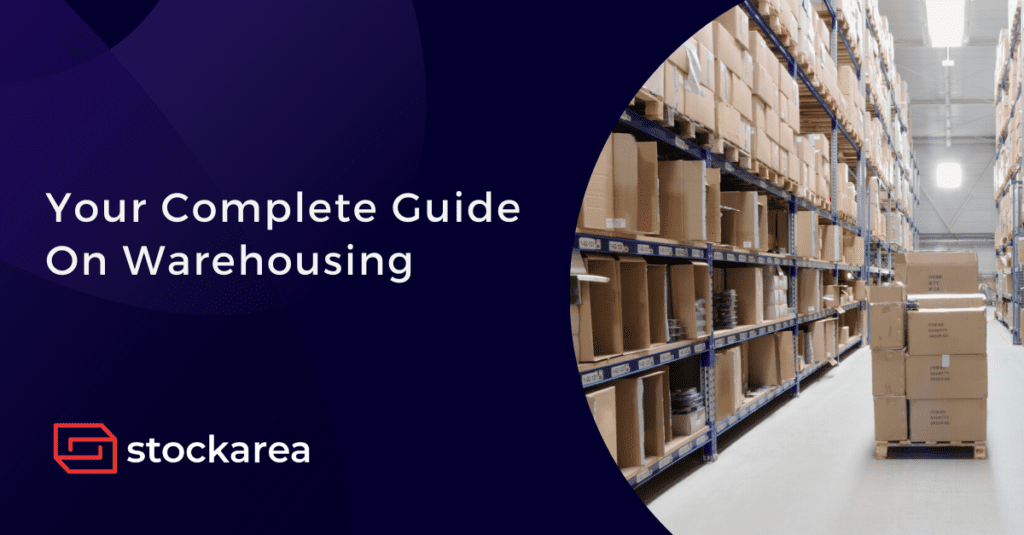Warehousing is the process of storing physical products inside a storage facility before their distribution or sale. All types of businesses that need to temporarily store products in bulk before delivering them to end customers engage in warehousing.
Businesses can temporarily store products and optimize shipping to customers with the help of warehousing. Even repackaging products for marketing purposes or optimizing the package for last-mile delivery is possible thanks to warehousing. These are essential steps for ensuring that products move through the supply chain to the final customer, ensuring that they have the best experience possible.
Key Warehousing Elements
Even though warehousing primarily involves inventory storage, several warehouse processes must be followed to ensure inventory can be moved in and out smoothly.
- Shelving and rack systems that optimize storage space and facilitate product accessibility.
- A WMS to track inventory arriving and leaving the warehouses.
- A temperature control system for the stored products.
- Tools, such as forklifts and conveyor belts, that facilitate the movement of goods within a warehouse.
- Employees and shipping materials for order processing and warehousing operations.
Importance Of Warehousing
Any company that deals in physical goods have to include warehousing in their supply chain. This could be consumer businesses storing a product destined for a retail customer or B2B companies storing products destined for business customers. Warehouses enable businesses to store goods in strategic geographic locations to reduce delivery times and shipping expenses. For instance, if a business sells a product directly to consumers across the country, they may wish to store inventory in multiple regions.
For retail businesses, warehousing enables the purchase of wholesale goods in bulk that cannot fit in a physical store. Large orders enable companies to negotiate lower prices with their suppliers, thereby increasing their profit margins when selling to customers.
Warehouse vs Fulfilment Center
Even though the terms warehouse and fulfilment center can be used interchangeably, they do not refer to the same thing. Warehouses serve as product storage hubs, whereas fulfilment centres store and fulfil orders for end customers. Therefore, fulfilment centres must be designed for compact storage as well as efficient picking, packing, and shipping.
Related posts
- 13 Most Important Warehouse Processes
- 10 Practical Tips To Reduce Warehouse Costs
- What Is On-Demand Warehousing?
- How to start a warehouse business
- Logistics Warehouses Quickly Adopting Automation to Reduce Walk Time
- 6 Major Advantages of Cold Storage
- Everything You Need To Know About A Bonded Warehouse
- 8 Key Functions Of Warehouse Management System (WMS)
- 6 Major Benefits Of Bonded Warehouse
- 4 Key Types Of Warehouse Management System (WMS)
- 7 Best Warehouse Management Practices
- Cold Storage: Challenges & Opportunities
- Warehousing In Bangalore: Report 2021
